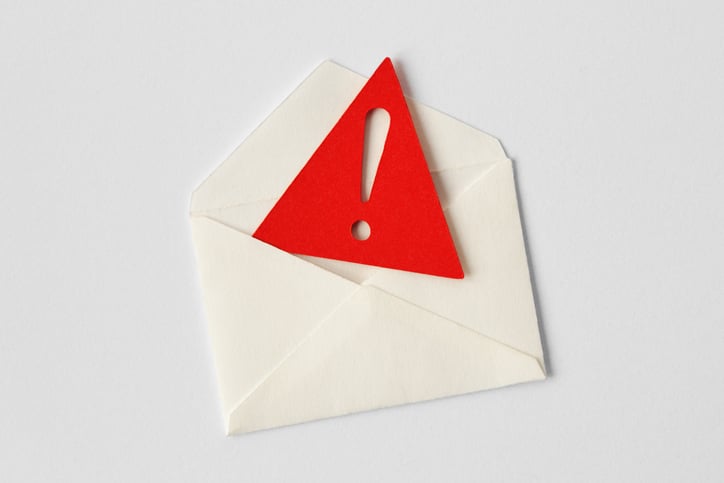Pharma Watchdog Cracks Down: Chinese Drug Ingredient Makers Receive Stern Quality Warnings

Two Chinese pharmaceutical ingredient manufacturers have found themselves under intense FDA scrutiny after receiving warning letters and subsequent import bans to the United States. Nuowei Chemistry and Innovation Pharmaceutical were flagged for significant quality control and testing deficiencies that raised serious concerns about their production standards.
The Food and Drug Administration delivered separate warning letters earlier this month, highlighting critical gaps in the companies' manufacturing processes. These regulatory actions culminated in import bans issued in late January, effectively blocking these firms from supplying active pharmaceutical ingredients (API) to the U.S. market.
The FDA's stringent review exposed substantial shortcomings in the manufacturers' quality assurance protocols, underscoring the agency's commitment to maintaining rigorous safety standards for pharmaceutical ingredients entering the United States. This development serves as a stark reminder of the ongoing challenges in global pharmaceutical supply chain management and the importance of strict regulatory oversight.

